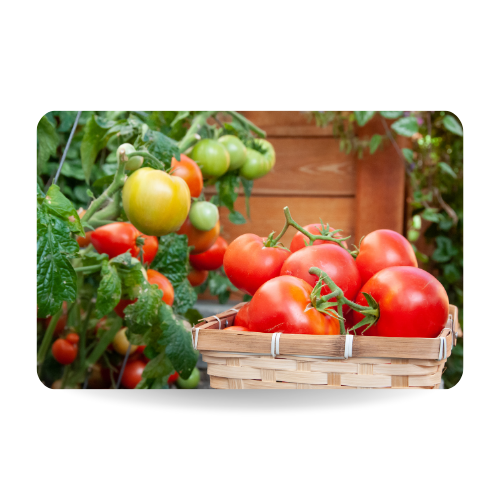This e-learning course provides an overview of corrupt practices in the tenure sector. It analyses the drivers and impact of corruption on the livelihoods and food security of poor and vulnerable people. The course also introduces a series of options and tools that key players, including states, organizations and citizens can utilize to identify, assess and tackle corruption.
Duration: 2 hours
Also available in: Français , Español
Duration: 3 hours
Also available in: Français, Español
Duration: 2 hours
Also available in: Français, Español
This e-learning course on Assessing Impact of Development Programmes on Food Security has been designed to support countries and regions in assessing the overall impact of their investments in food security on the well being of the targeted populations.
The course brings together the latest information on impact assessment from numerous guidelines and presents it within the context of large-scale development programmes that address food insecurity; however the methods and approaches described in the course are equally applicable to smaller projects.
Duration: 10 hours
Also available in: Français, Español
Duration: 8 hours
Also available in: Français, Español
Developing a Monitoring and Evaluation (M&E) Plan for Food Security and Agriculture Programmes:
This e-learning course has been designed to support countries and regions in planning all the information needs for monitoring, pilotage and evaluation during the life of their Food and Nutrition Security and Agriculture programmes.
The course offers practical guidance on building an Monitoring and Evaluation (M&E) system which is feasible, practical and relevant to the programme’s needs. Although the course focuses on large-scale development programmes that address food insecurity, the approaches and methods presented are equally applicable to smaller projects.
Duration: 3.5 hours
Food
& agriculture in times of crisis. Working better together for
long-term solutions. High level event of the global network against food
crisis. Brussels, 2-3 April 2019. In order to find out more watch the video.
This e-learning course provides the essential knowledge to fully appreciate the use and benefits of CountrySTAT.
Duration: 4.5 hours
Also available in: Français
This course provides guidance on how to design and implement agriculture policies and programmes that are gender-responsive, sustainable, contributing to gender equality, and therefore able to improve food and nutrition security.
Learners can select the lessons of their interest, for a total of about 14 hours of self-paced learning.
Duration: 14 hours
This
course will help you gain a clear understanding of why it is important
to take into account gender and social issues when dealing with land
tenure, and what actions must be adopted so that women and men from
different social groups can equally participate in and benefit from land
tenure governance processes.
Duration: 4 hours
The objective of the webinar is to discuss the role that agriculture, forestry, and fisheries are expected to play in national development strategies in the new governance framework, and associated opportunities and challenges. The main features of the 2030 Agenda will be treated during the presentation. Key interactions and trade-offs within and across national development strategies will be discussed, as well as possible mechanisms for policy dialogue, based on SFA principles, using a concrete example from Rwanda. The webinar will contribute to active engagement in national policy dialogue and identify priorities for FAO's and European Union’s support at national and regional levels.
